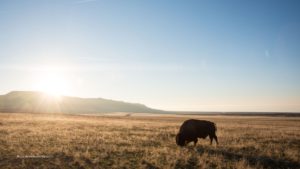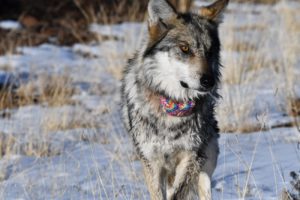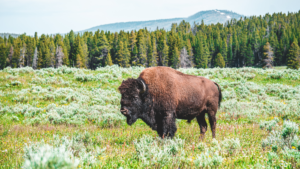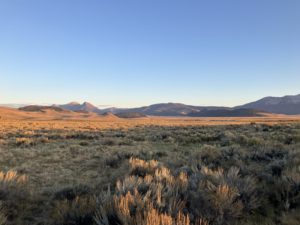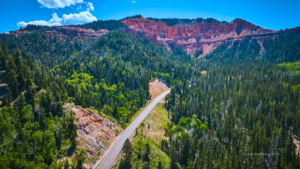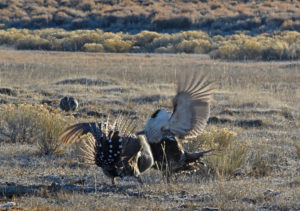Public land livestock grazing degrades the condition of riparian zones across landscapes throughout the west, including among much of the land that wolves inhabit. The livestock industry and its politicians have dampened the protective measures of the Endangered Species Act largely precluding wolves’ restoration and wholly undermining their contribution to the restoration of riparian areas on public lands that are grazed. Enough is enough – public lands belong to all of us.
Intolerance of Wolves
Despite recovery efforts demonstrating the minimal negative impacts to livestock and big game hunting opportunities over the last decade and despite the good-faith efforts of wolf advocates to respond to financial concerns, little has changed to curb intolerance for wolves. Right now, those adversarial to wolf restoration on our public lands have influence over local and national politicians – and they’re using that influence to kill and drastically reduce protections for wolves on public landscapes. Entire packs of wolves are being slaughtered by means reminiscent of what extirpated wolves from the west in the first place. All of this is being paid for with tax-dollars and government agents to appease ranchers on public lands. Ranchers have never been required to implement non-lethal ranching techniques, techniques that have been demonstrated to be effective at reducing conflict, as a condition of permitted use of your public landscape. Why should wolves be killed for conflicts that are preventable ? Why should public lands ranchers not be required to do everything in their power to prevent conflict when leasing our land ?
It’s time to do something about it – Join WWP and insist that the federal government maintain ESA protection of wolves, revoke federal funding for Wildlife Service’s government-sponsored slaughter of wolves, and put an end to the unwarranted lease of public lands to livestock grazing when operators are unwilling to keep an eye on their herds – setting the stage for conflict.
Documenting Wolf Management
WWP has been documenting wildlife managers in public meetings, hearings, and committees. Our attendence at these local meetings has ensured that wolf-managers recognize a strong voice for wolves at every turn. WWP is making the content of these meetings available to the public to help inform citizens about the agency processes, decisions, and the mindset of the people charged with making these important wildlife management decisions.

